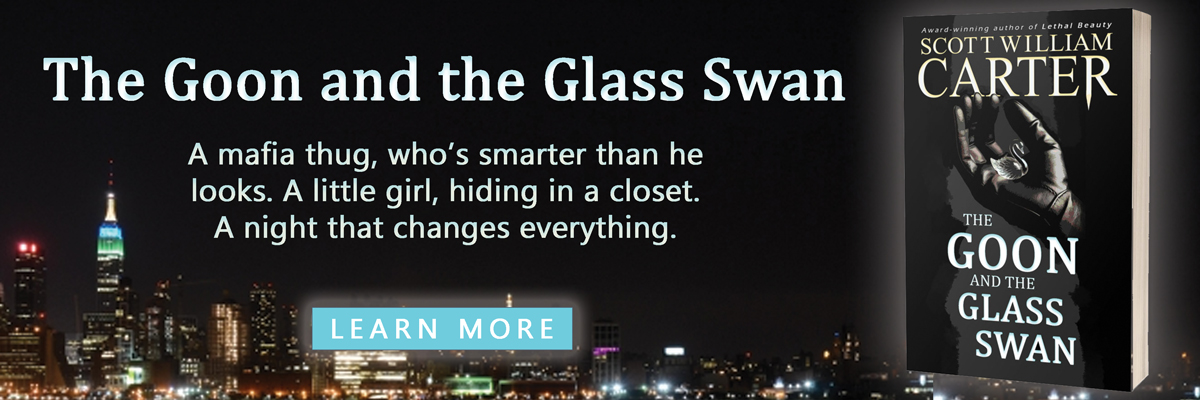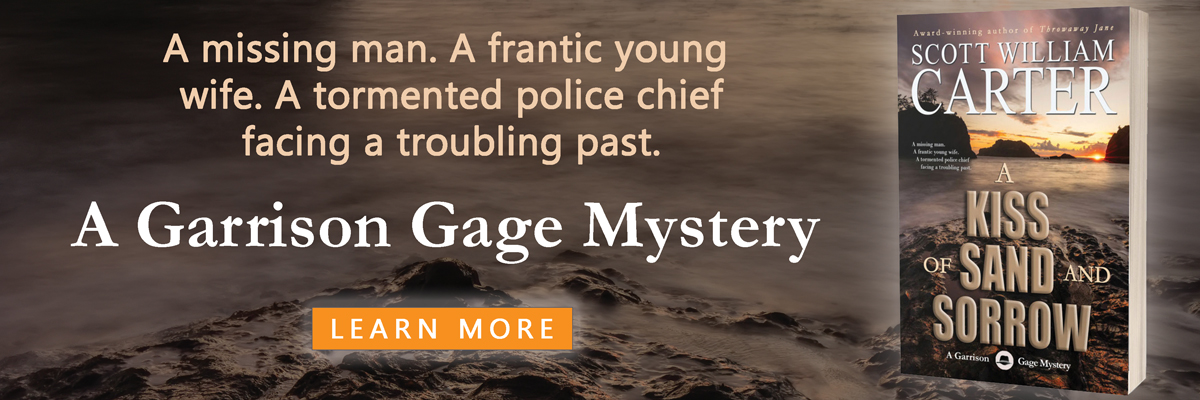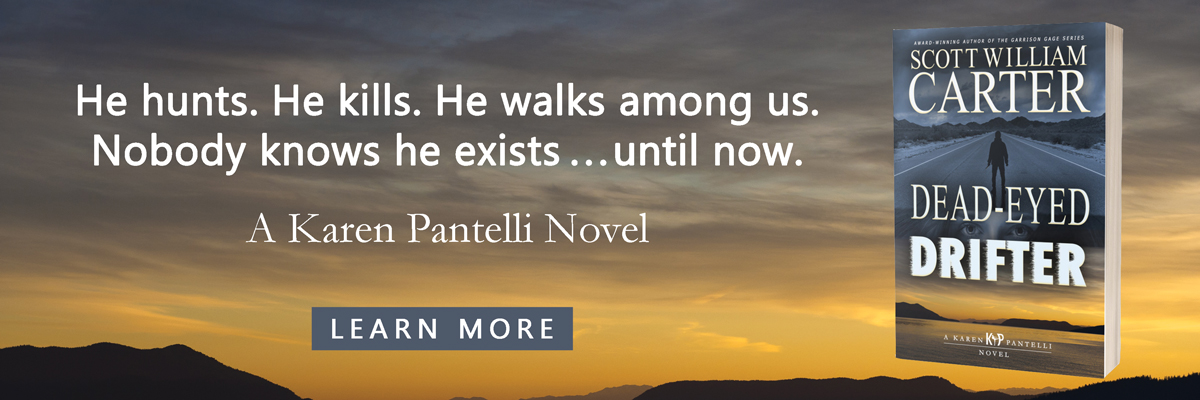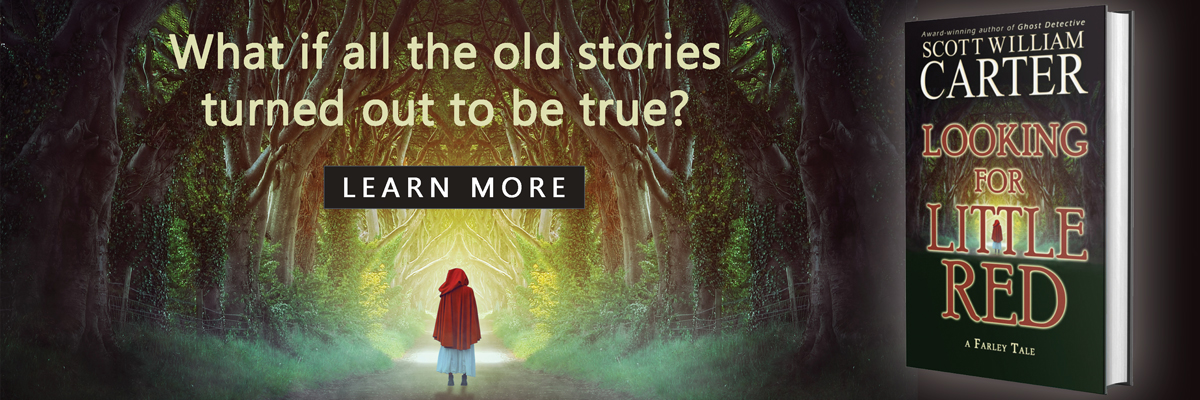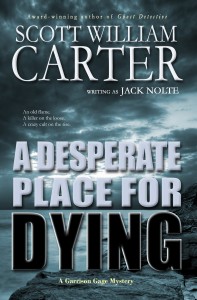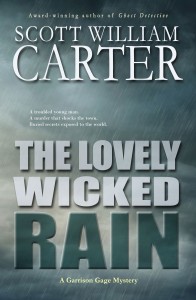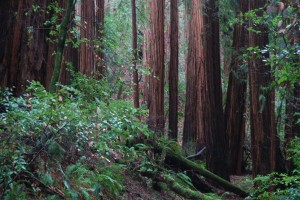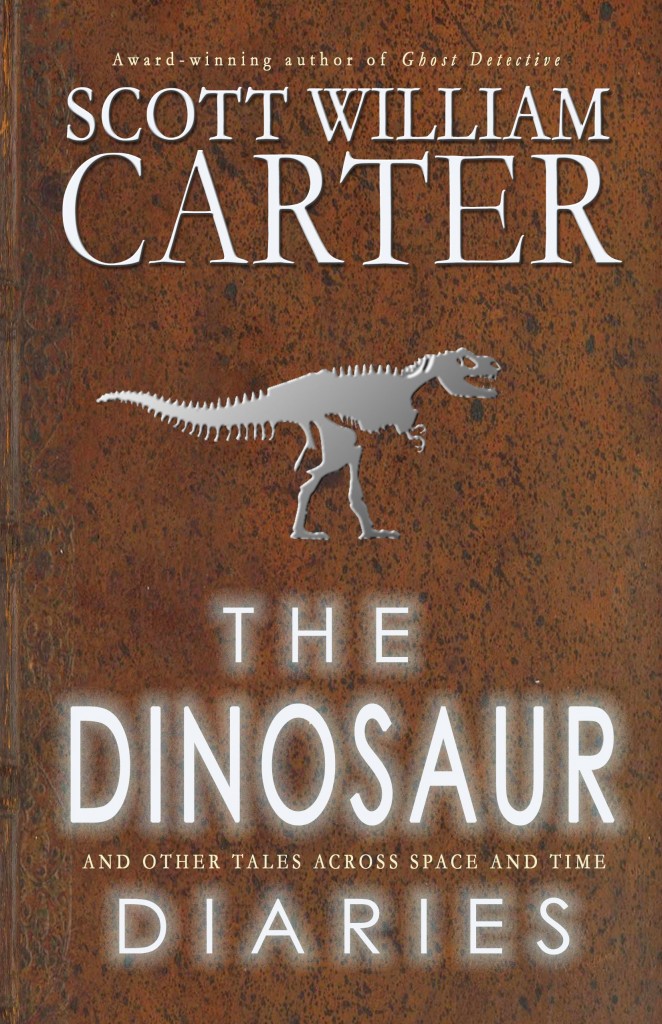 My first short story collection, The Dinosaur Diaries and Other Tales Across Space and Time, has been republished by Flying Raven Press (links to retailers below). This is my own publishing company, of course, which gave me an opportunity to package the book in the way I really wanted it, with a snazzy new cover and everything. The eighteen stories originally appeared in places like Asimov’s, Analog, Ellery Queen, and Weird Tales, among others. I have nothing against the fine folks who published the book originally back in 2010, but it was just time to make a change.
My first short story collection, The Dinosaur Diaries and Other Tales Across Space and Time, has been republished by Flying Raven Press (links to retailers below). This is my own publishing company, of course, which gave me an opportunity to package the book in the way I really wanted it, with a snazzy new cover and everything. The eighteen stories originally appeared in places like Asimov’s, Analog, Ellery Queen, and Weird Tales, among others. I have nothing against the fine folks who published the book originally back in 2010, but it was just time to make a change.
I never liked the original cover much, and I also didn’t like that in the print edition they tried to squeeze 80,000 words into under 200 pages. It made the book seem quite thin, and even if the number of words is the same, it can give a potential reader the sense that the book is not worth the money if they happen to pick it up. This print edition stretched it out to around 250 pages. The original ebook was also four years old, so I took the opportunity to reformat it with some of the better tools available today.
From a business perspective, this was probably not the wisest use of my time. Yes, I’ll see a higher royalty, but honestly, if I was interested primarily in what was in the best interest of my bank account, the time spent re-publishing this book should have been spent working on new material.
From a writing perspective, however, it feels great.
Here’s how I see it. I know there are writers who can approach writing purely from a business perspective, but that doesn’t work for me. A few years ago, when Dean Wesley Smith and I were co-teaching some “Indie Publishing” workshops to help writers get started in this arena (this was way back in the cave man days of indie publishing, you know, circa 2011), I coined an ugly acronym as a test writers could use whether some non-writing related task was worth their time: WIBBOW.
Which stands for Would I Be Better Off Writing?
Lo and behold, this ugly acronym actually caught on and I see mentions of it around the Internet, often by people I’ve never met. The idea was that as indie publishing gained popularity, there were even more tempting ways to spend your time other than writing new material that could make you feel productive but, when playing the long game, might not be the best choice.
However, the thing about WIBBOW is that it is entirely subjective. It’s up to each writer to decide whether something is worth doing when measured against spending that time writing. For me, re-publishing The Dinosaur Diaries passed the test, because I also operate by another motto: Write for yourself, publish for the shelf. What I mean is that no matter what happens with my writing career, I want to feel good about my choices. I want to feel like I wrote what resonated with me (hoping it does for others) rather than writing what I think resonates with others (and hoping it will for me). And when I publish something, I want to be able to look at it on the shelf (even if that’s metaphorically, online) and feel that the book’s presentation is giving it the best chance to find an audience—and even if it fails it that regard, that I’ll always be proud of it when I look at it.
I’m proud of this book. I hope my readers will feel the same.
* * *
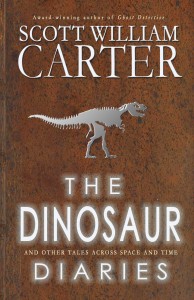 The Dinosaur Diaries and Other Tales Across Space and Time
The Dinosaur Diaries and Other Tales Across Space and Time
More About the Book
Available Now:
Ebook:
Amazon | B&N | Kobo
Paperback:
Amazon | B&N
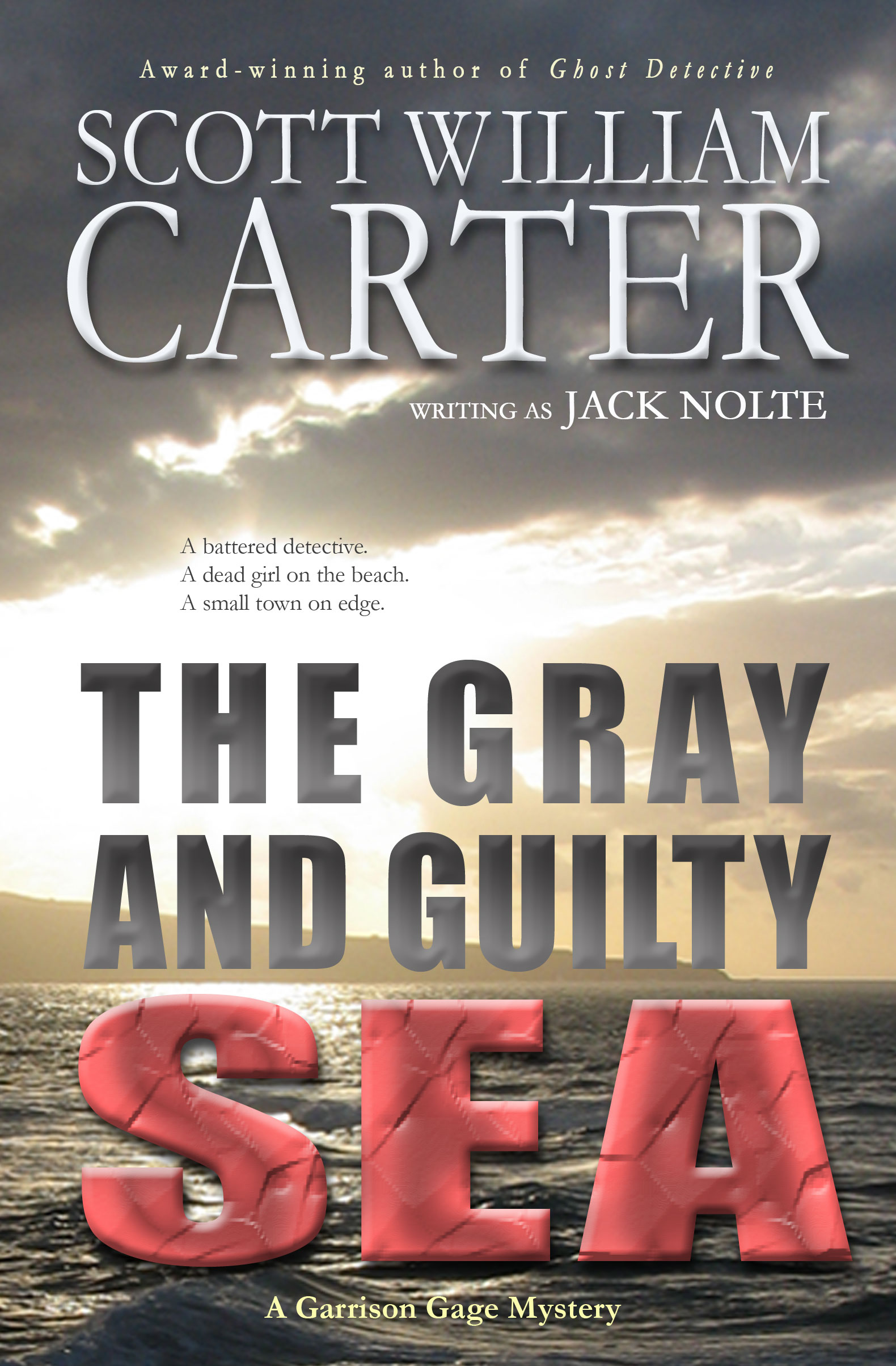 A dead girl on the beach. A private investigator haunted by his wife’s death. Get THE GRAY AND GUILTY SEA for FREE for a limited time.
A dead girl on the beach. A private investigator haunted by his wife’s death. Get THE GRAY AND GUILTY SEA for FREE for a limited time.
